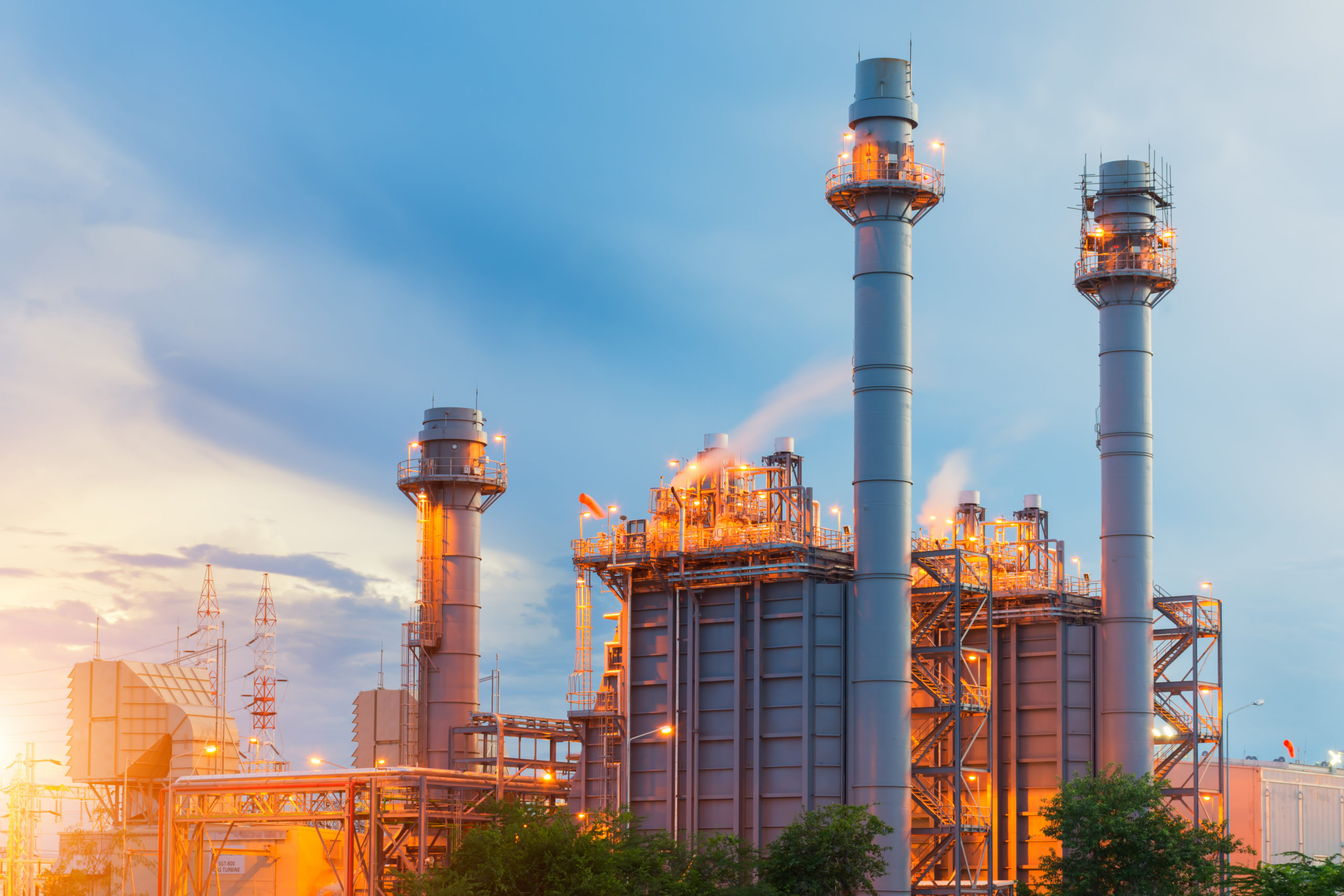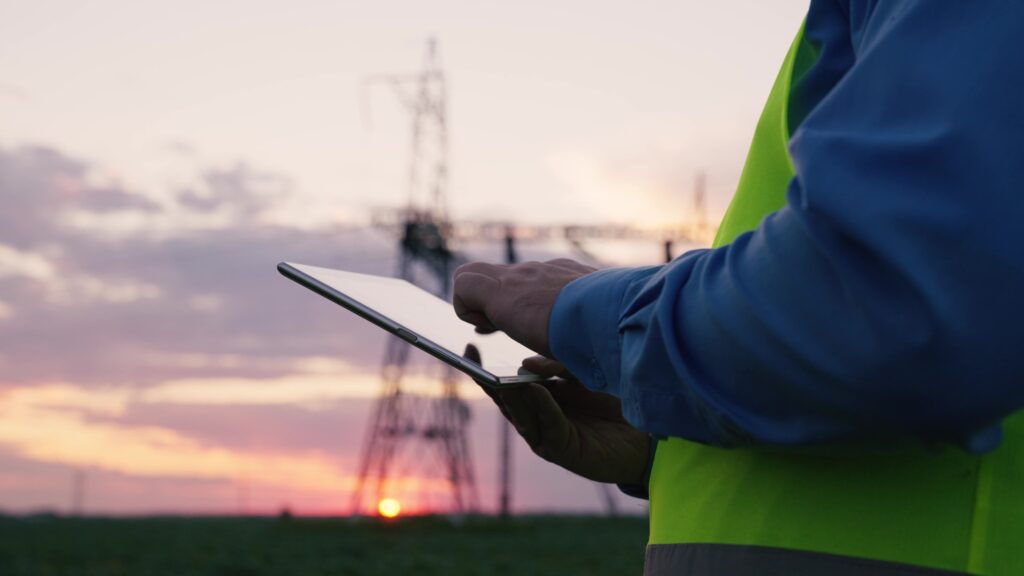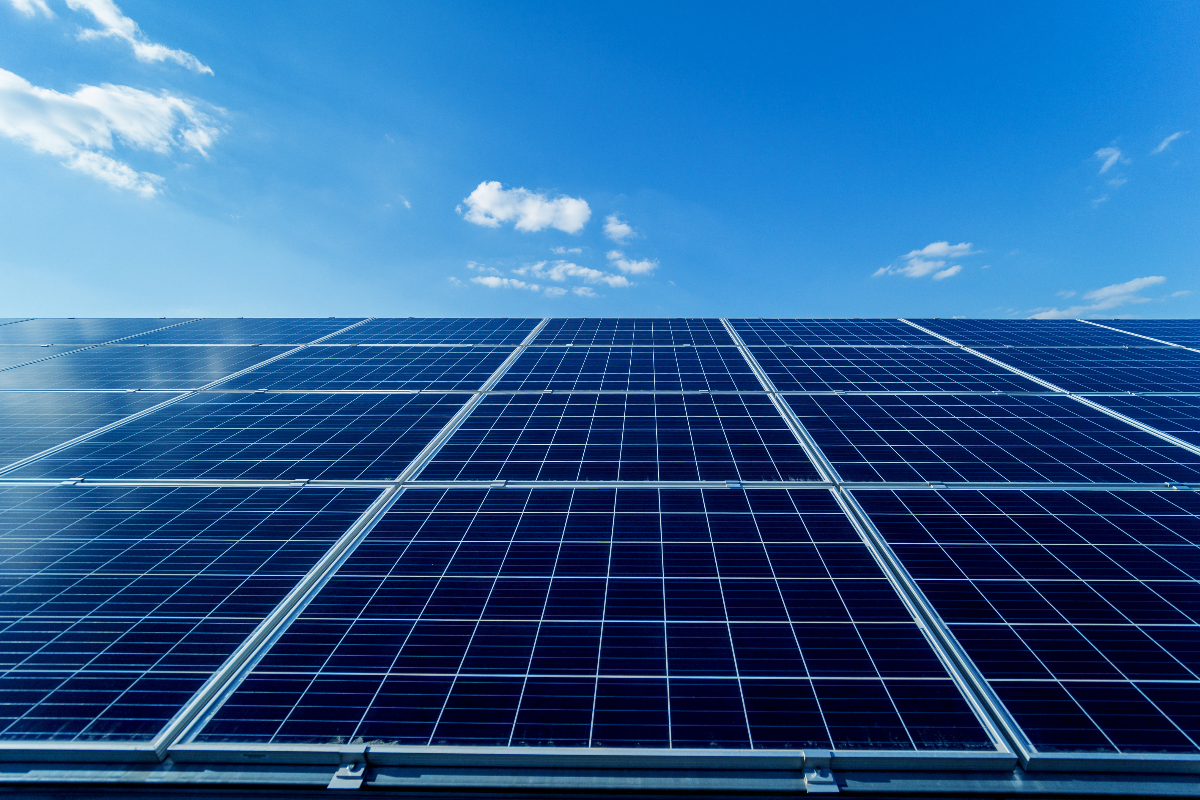NEWS
What are the benefits of using renewable energy?
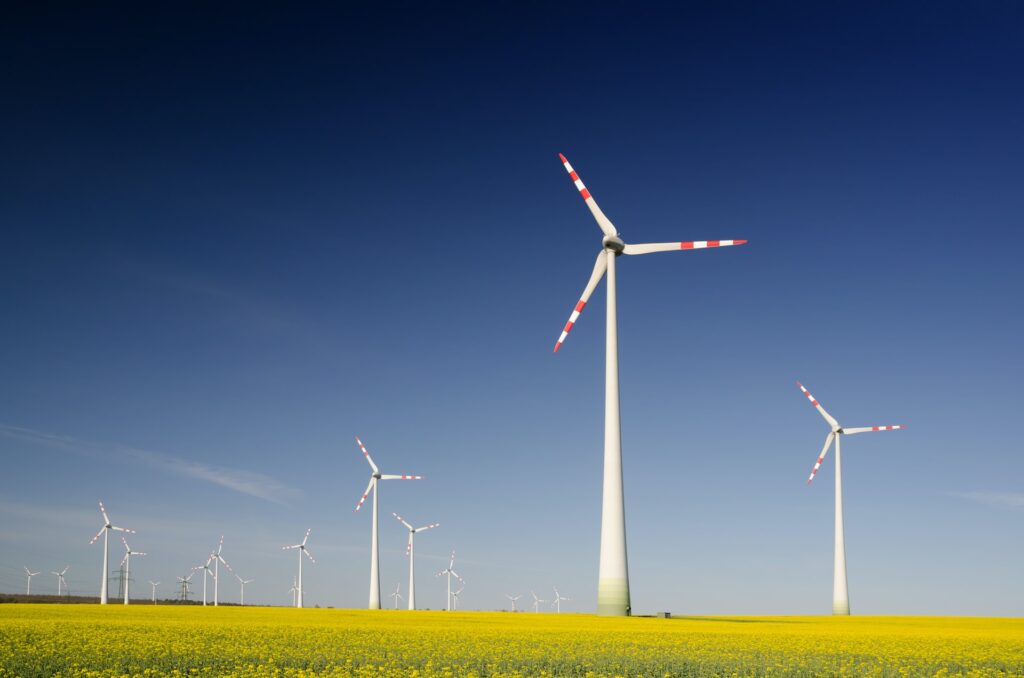
Last Wednesday, UK wind farms provided more than half of Britain’s electricity, which is the most electricity that wind power has ever produced in one day. The wind turbines generated 19.936MW of energy which beat the previous record of 19.916MW in May this year.
In the UK, electricity is generated in several different ways due to the reliability of each energy source and the availability of resources. But what processes take place to generate energy and what are the benefits of moving towards renewable energy sources?
How is energy generated in the UK and what are the effects?
Fossil Fuels
Fossil fuel power plants have been used to generate most of the UK’s energy for hundreds of years. However, energy production using this method has dropped over the last couple of years due to the growth of renewable sources and a decrease in overall energy demand.
One development that has grown is the use of combined cycle gas turbine (CCGT) plants. Currently, around 43.7% of our energy is produced at CCGT pants. A CCGT plant is an electrical power plant that uses both a gas turbine and a steam turbine. Energy is generated by burning coal or oil which creates a hot air-fuel mixture to drive turbines and generate energy. The steam that is produced by this process is also harvested and used to produce energy.
Whilst fossil fuel power plants are often reliable and cheap to construct, they release large amounts of carbon dioxide into the atmosphere. It has been found that burning fossil fuels is the main source of global warming which causes rising sea levels, extreme weather events, and droughts. These gases can also have a negative effect on public health as they can cause respiratory issues such as asthma.
Nuclear Energy
To move towards a more sustainable energy source, the UK introduced nuclear energy, which is energy released from the core of atoms. The energy is generated through fission, which is when the nuclei of atoms split into several parts. Often uranium is used in this process as the atoms are easier to split than other materials. When the nuclei split, it produces energy in the form of heat which is used to warm up water and produce steam. The steam then spins turbines which activate an electric generator to create electricity.
Nuclear energy provides a reliable power source that doesn’t produce any carbon emissions. However, the uranium that is used must be mined which has a negative impact on the surrounding areas as it leads to contamination of the environment with radioactive dust and radon gas.
Nuclear plants can also cause thermal pollution as most nuclear plants are situated next to a body of water, such as a lake, which is used as cooling water. These plants use the water from the lake to condense steam back into water which is then released back into the lake at a high temperature. This makes the lakes inhabitable for most marine life as it changes the chemistry of the water.
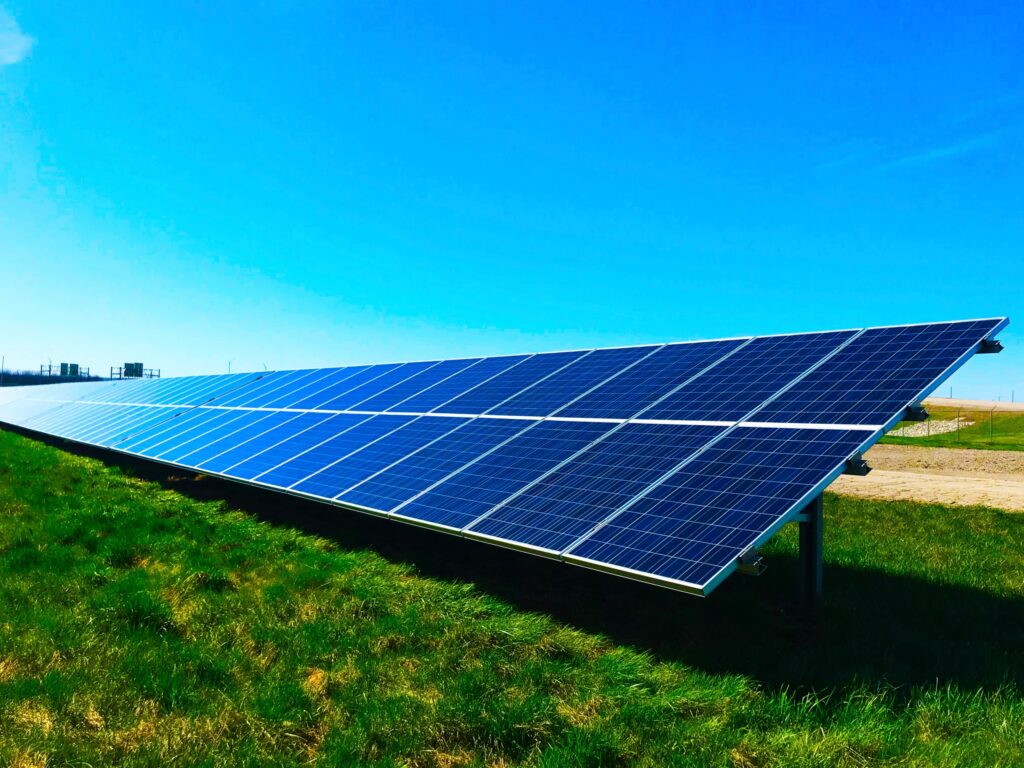
Renewable Energy
In more recent years the UK has made even more progress towards sustainable energy production by turning to renewable energy resources. There are multiple forms of renewable energy, but wind energy and solar energy are the most widely utilised.
Wind energy is harvested using turbines that convert kinetic energy from wind into power. A generator is then used to convert the power into electricity. Wind turbines can be found on land or offshore and are often found in rural areas or located along the coast to maximise the amount of energy that they produce. Offshore wind turbines are often a lot bigger than land turbines and can even exceed the height of the Statue of Liberty.
Alternatively, solar energy is converted from sunlight using panels. These panels can either be photovoltaic (PV) panels or mirrors that concentrate solar radiation. The energy can then be used to produce electricity or is stored in batteries. Solar energy is a growing area and currently supplies around 5% of the UK’s electricity. To find out more about solar panels, check out our blog.
The increased use of renewable energy is largely sustainable as these resources are inexhaustible, unlike using fossil fuels and nuclear resources. It is also an environmentally friendly way to generate electricity due to the use of natural resources. This means that if the UK continues to increase the use of renewable energy, global warming, and low air quality will improve. This will also have a positive impact on public health as respiratory issues caused by greenhouse gas production will reduce.
What plans are in place for the future?
The move towards using renewable energy resources has become more apparent in recent years and continues to increase. The government has made plans to increase the use of renewable energy resources and ensure that power is decarbonised by 2035. This has been brought forward from the original target to decarbonise electricity production by 2050. To achieve this goal the UK will have to use at least 80% wind and solar power and less than 1% of fossil fuel power. Whilst we still have a long way to go to reach this goal, the recent developments and move towards using renewable energy is a good first step.
For advice and help with your business’ energy contracts, contact us on 0115 648 5655.
